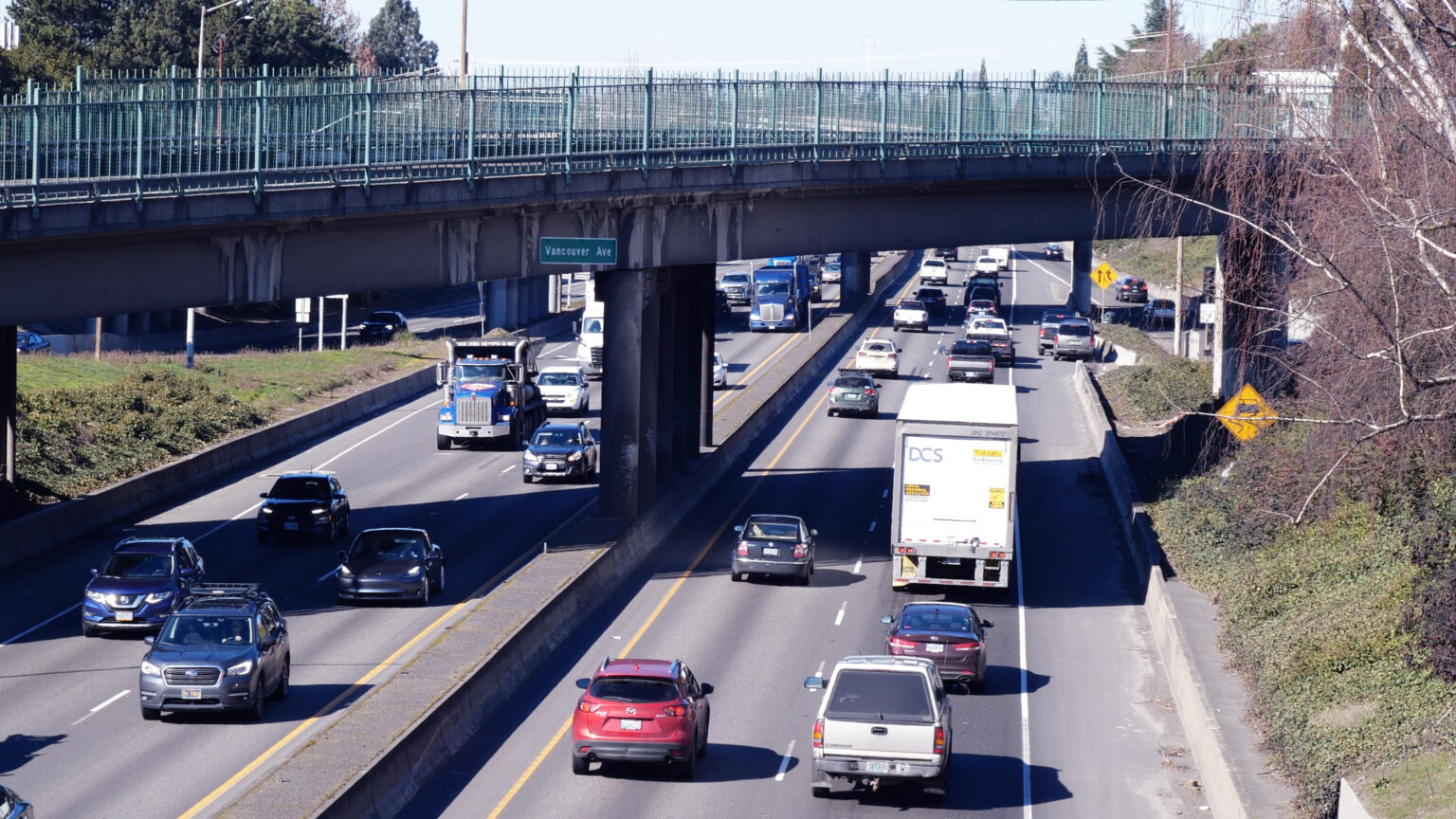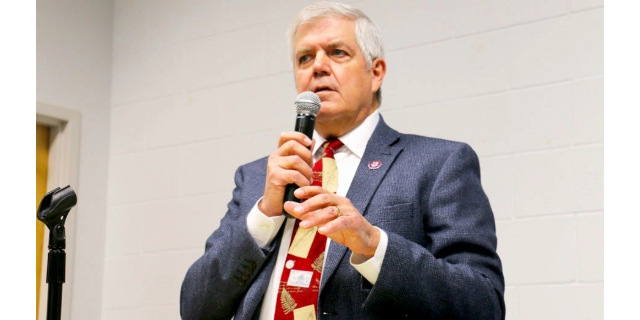Capital Chatter: Brown reaches tipping point on DHS
Published 7:00 am Thursday, April 18, 2019

- Capital Chatter: Dangerous times for the Oregon Legislature
What was the tipping point that caused Gov. Kate Brown to suddenly create a Child Welfare Oversight Board and dispatch a top staffer to keep watch at the Oregon Department of Human Services?
Meeting with Brown on Thursday, reporters repeatedly asked that question. In response, Brown said her executive order had been in the works for a couple of weeks.
She noted that she has grown increasingly concerned about the accuracy of information coming from DHS but declined to cite specific examples. But she expressed continuing support for the DHS and child welfare leadership.
That leaves Oregonians to wonder, What the tipping point?
Not easy for yes and no: Brown’s speaking style is such that she sometimes forsakes the simple “yes” or “no.”
A few weeks ago, reporters asked whether she was going to join all the other Democrats running for president.
Brown responded that her focus was on Oregon. Reporters had to ask several times about a possible 2020 presidential big before she gave an emphatic, “No!”
Who will blink?: Brown insists that the proposed $2 billion investment in preschool and K-12 education be extended to community colleges and public universities.
Insisting that won’t happen are House Speaker Tina Kotek, D-Portland, and members of the Student Success Committee.
Kotek and Senate President Peter Courtney, D-Salem, created the committee to address deficiencies in K-12 education. Preschool was added because it came up frequently as the committee traveled the state.
Meanwhile, some business groups say their support for the proposed corporate activity tax is contingent on increased funding for higher-ed.
The evolving tax for education: The tax has numerous questions to be resolved, but it’s moving quickly. The Student Success Committee intends to vote on key legislation next Thursday, April 25, sending it to the House and Senate floors for a vote the following week. Committee co-chair Sen. Arnie Roblan, D-Coos Bay, told me the goal is for the Legislature’s Ways & Means Committee to finish the regular education budget about the same time.
Sen. Mark Hass, D-Beaverton, is the leading architect of the proposed tax, having worked on revenue ideas for years. He said the corporate activity tax — which will be coupled with a small reduction in personal income tax rates — will help fulfill the state’s obligation to schools after voters in 1990 passed Measure 5. That ballot measure slashed property taxes for schools and local governments.
“I think we’ve seen a decline in our educational system because we don’t have that third leg of a sales tax. Once property taxes were cut in the ’90s, we never quite recovered from that. Everyone expected that a sales tax would make up that loss but it never came,” Hass told me.
“A sales tax apparently is just not in the DNA of Oregonians. And so we’ve had to cut — through recessions — on education. They’ve taken the brunt of it, because that is the biggest part of the state budget.
“We finally reached a break point.”
Proposals cause Republicans heartburn : The corporate tax for schools likely will gain some Republican votes in the Oregon House. The Senate is questionable.
The tax itself is not the only issue. Among other things, Senate Republicans are angry about the wide-ranging gun control bill heading for a Senate vote.
And in both the Senate and the House, Republicans worry about the cumulate effects of the Democratic supermajority’s various tax increases. I talked with an Eastern Oregon legislator about that.
“We’ve had overwhelming response from constituents both within my district and out of my district. I’ve had consultation with certified public accountants from within my district and out of my district on the impacts, and they’re significant,” said Rep. Lynn Findley, R-Vale. “There’s a chart floating around of $5.6 billion tax increases.”
He said that estimate might actually understate all the taxes under consideration.
“I’m not sure, once you total them all up, it’s sustainable,” Findley said. “We have a lot of program deficiencies. I don’t think that just raising revenue to fill all those holes is the right answer. I think we need to look at our spending.”
One tax is limbo: House Democrats proposed eliminating the mortgage interest deduction on second homes and, for higher-income Oregonians, phasing it out on first homes.
For now, House Bill 3349 is at a standstill despite having a public hearing this week. Speaker Kotek said the legislation is not a top priority and will remain on the sidelines unless needed to balance the state budget if other tax proposals falter.
Because it would be “a tough vote” for legislators, I hear there’s not much appetite for HB 3349 in the Senate.
Dick Hughes, who writes the weekly Capital Chatter column, has been covering the Oregon political scene since 1976. Contact him at TheHughesisms@Gmail.com , Facebook.com/Hughesisms, YouTube.com/DickHughes or Twitter.com/DickHughes.





